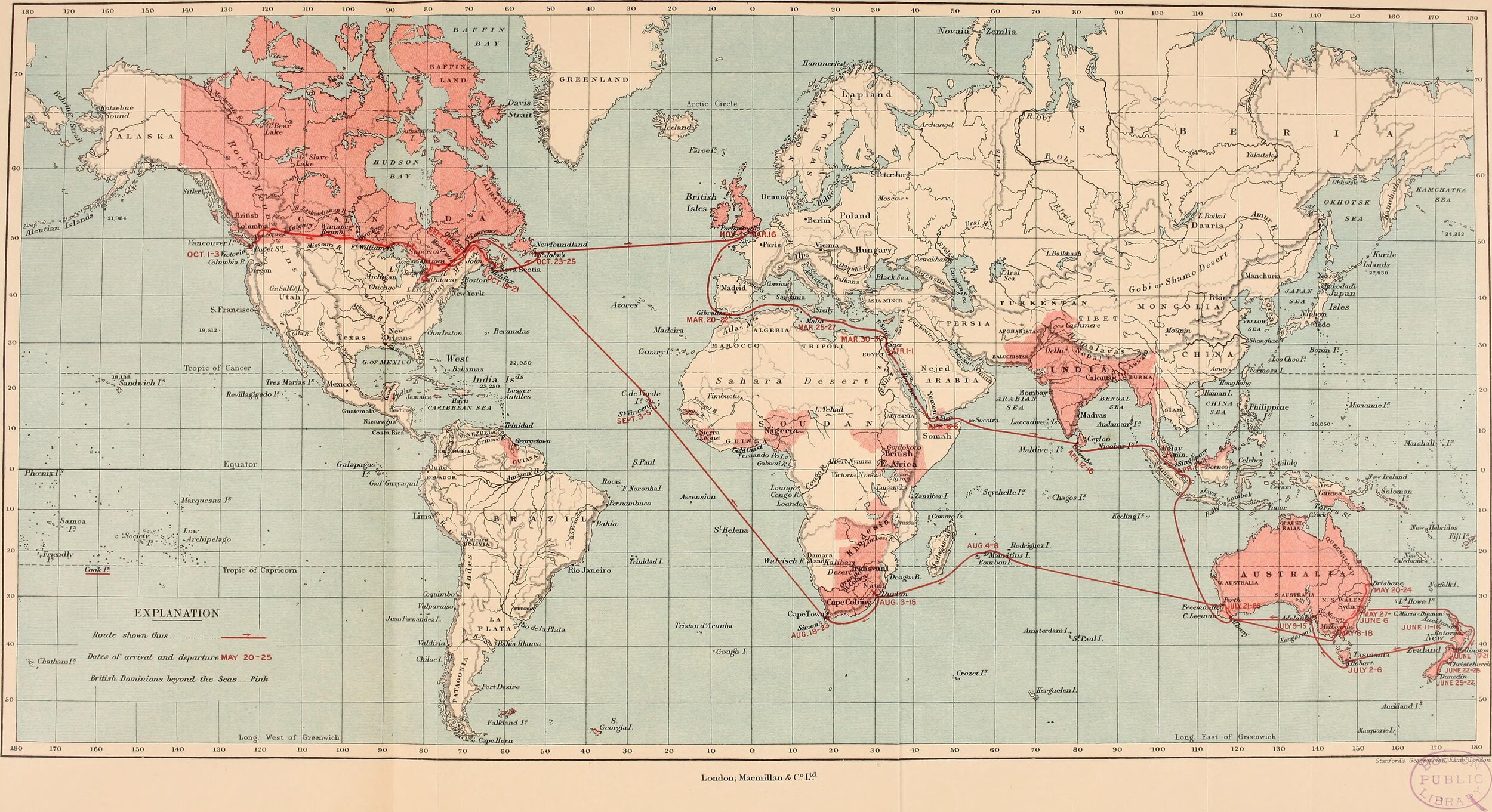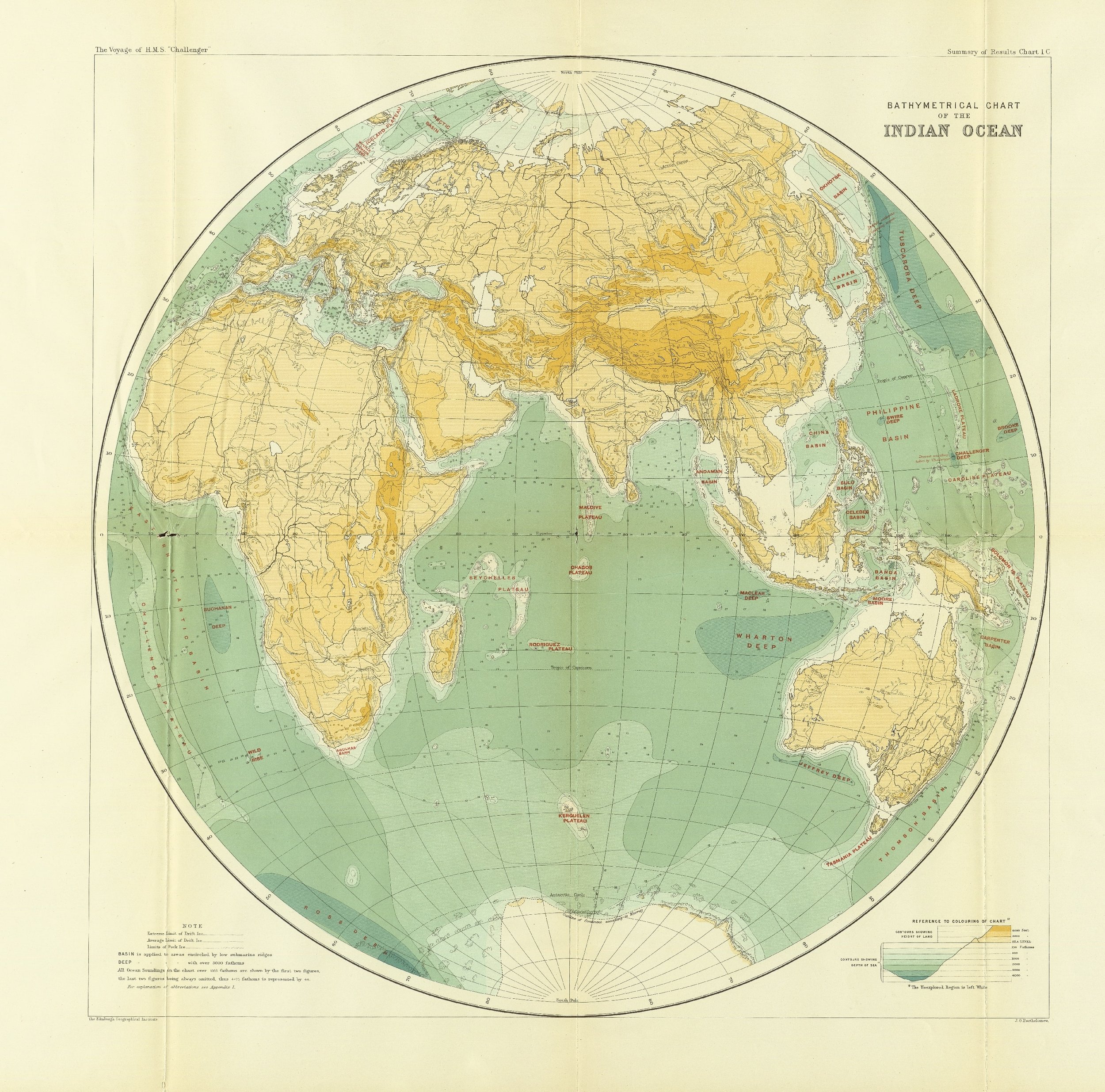
Part 5:
1945 to 2020: The Big Picture
#94 America, China, and the Struggle for Global Hegemony: Can the World Survive?
The peoples of Western Europe had risen from one world of relative poverty and had learnt how to take the wealth from the Americas and transfer it to their own countries. This was slavery and latterly until 1920, indentureship. A whole set up of banks, shipping companies, and insurance companies had arisen to make these transfers possible. From the 1750s the European invaders turned their attention to Asia and systematically began the colonisation process anew. At the same time, as they attempted to colonise and extract the wealth of Asia, the colonising countries began the process we now recognise as industrialisation alongside the rapid growth of cities. The surplus resources extracted through colonisation were used to finance the growth of new industries.
#86 China’s Overseas Policy: Part 2
Conclusions arising from China’s Global infrastructure on the world stage are still difficult to assess. Do Chinese world policies create a new form of Imperialism as part of the anti-China rhetoric suggests?
That the USA resents the rise of China as a contender for world power is obvious. China is different as a contender state when compared to Germany before 1914 and the USSR after 1945. It is worth our time to consider these large questions?
#78 Super Wealth, Poverty and Inequality
From 1973, 70-80% of the USA working peoples income has remained static. The US has remained at war for the entire period. Over the last 20 years, she laid waste most of the modern Middle East. Her attempt to control the world economies have become ever more extreme. The wealth of the wealthiest has shown no boundaries. And now with the unsuspected arrival of a crisis in the forms of climate change and covid infections, the world is a more uncertain place than at almost any time since 1945.
#77 Global Economic Struggle over 50 Years: Monopoly and Oligopoly
In principle, capitalism has supposedly been a myriad of small companies in every field competing against each other. However, in practice, this has rarely been the case. Once the allocating principle of resources and the ‘free market' became established from the early 19th century, capital has always been drawn upwards in a vortex of profit. Small companies became established as legal entities with limited liability through shares from the 1830s. Shareholding of course goes back to monopoly trading companies in the early 1600s, established by parliament. After the 1830s, shares of profitable small companies were bought out by larger companies until only a few companies are left in the marketplace.
#73 Tax Havens and the World's Rich
Half of the world's trade is said to pass through the tax havens. Trillions of US dollars have managed to avoid tax. In some sense, crime and corruption have come to be accepted as normal business. There has been a significant public outcry at the existence of these havens, not least because the rich are not taxed in a fair and just manner. Whistle-blowers have managed to expose those using these tax havens, embarrassing wealthy firms and individuals.




